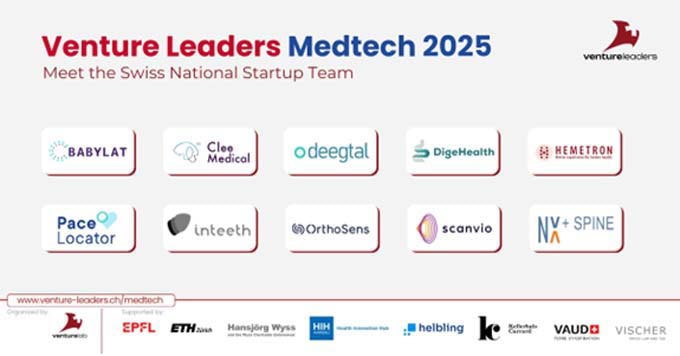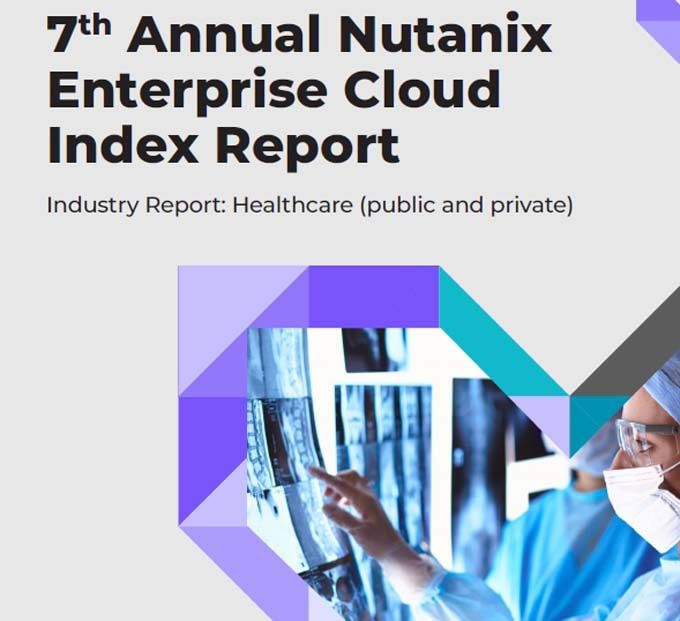How AI is revolutionizing procurement
In a business world increasingly shaped by digitalization, the role of artificial intelligence in particular is currently gaining in importance. Almost all business areas of an organization can benefit from the advantages of AI. In procurement, too, companies are increasingly turning to innovative technologies to make the purchasing process more efficient and transparent.

Whether in production, customer service or human resources: the use of artificial intelligence in companies is now no longer just a helpful addition, but is increasingly becoming an indispensable tool for innovative companies. Specifically with regard to efficiency within an organization, AI offers great opportunities, especially in procurement. "Integrating AI into procurement not only helps companies work more efficiently, but also in cost reduction and decision-making," knows Patrick Sommer, consulting manager at CNT Management Consulting in Zurich. At the same time, the expert emphasizes that a large number of companies are not yet fully exploiting the potential of AI in their procurement solutions. In contrast, those organizations that address the issue early on benefit from the sustainable stabilization of their supply chain and a significant competitive advantage. Above all, the methods of machine learning and advanced analytics are used here.
Real-time insights about future events
One of the greatest advantages of artificial intelligence is its ability to analyze and compare millions of unstructured data in a very short time. From this, for example, patterns and trends can be identified in a matter of seconds. "As a result, the procurement department knows immediately about alternative sources of materials or raw materials and recognizes where the desired products are available and at what price," explains Sommer. A particularly practical feature is that the self-learning algorithms analyze external data as well as internal data and can thus include information on geopolitical dynamics, current market developments or environmental factors. Through so-called predictive analytics, companies are able to react to events at an early stage, even if they have not yet occurred. For example, the software can identify demand trends or hard-to-sell products. Because artificial intelligence generates these insights almost in real time, companies benefit from significant advantages over their competitors.
Transparency avoids unnecessary costs
In addition to providing information on the most favorable suppliers of the required goods, AI also helps to save costs in other ways. By fully digitizing their supply chain, companies can link all the services and materials they need on one page, creating transparency across the entire procurement process. Superfluous expenditures are thus identified and eliminated. The aforementioned analysis of external factors also makes demand forecasting more precise, optimizes inventories and avoids bottlenecks. Sommer reports, "Many companies don't know about their suppliers' inventories, making it difficult to forecast their own production." With the digitized process chain, companies create transparency about their own as well as their suppliers' inventory situation and can always react agilely to changes. Software such as SAP Ariba, for example, in collaboration with suppliers via the SAP Business Network for Procurement, can bring all this data together and clearly display all supplier relationships. "Common procurement risks such as dependence on a few suppliers or non-transparent supply chains are minimized as a result," Sommer emphasizes. This helps to identify weaknesses in the supply chain and implement adaptations accordingly.
Cognitive assistance speaks all languages
Artificial intelligence also supports the procurement department in the form of cognitive assistance. With the help of such support, procurement employees can, for example, contact suppliers in their respective national language without errors and thus guarantee flawless communication. "Intelligent assistants also help to adhere to current laws and compliance regulations and minimize errors, while simultaneously accelerating processes," says CNT expert Sommer. Even the creation of contracts is possible: the smart assistants can check and analyze existing documents in seconds and then create templates. By analyzing online data, the cognitive assistant even recognizes and takes into account new regulations and legal requirements.
Source: CNT Management Consulting









